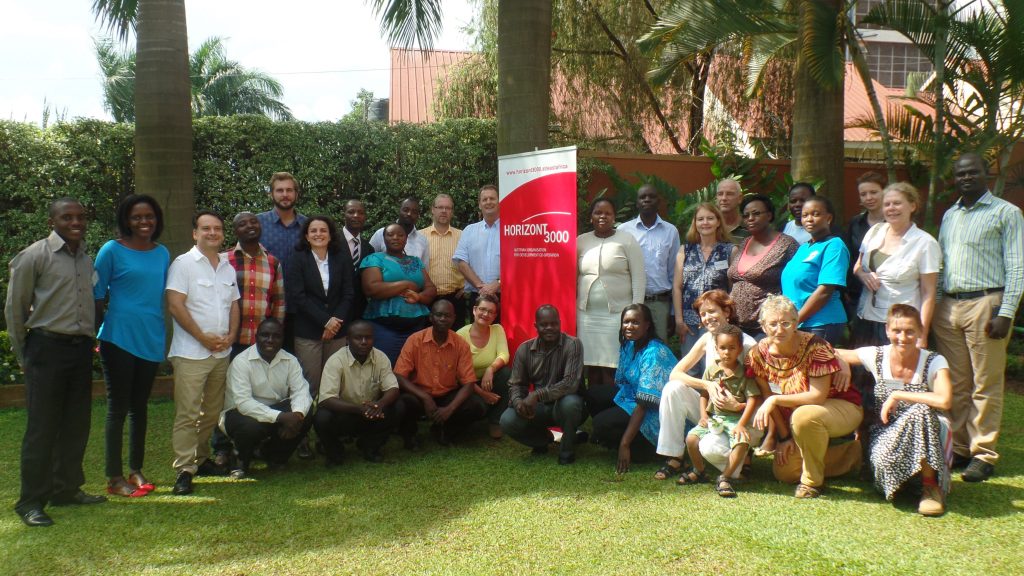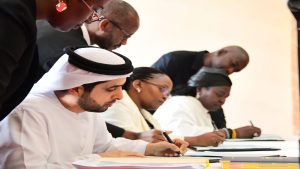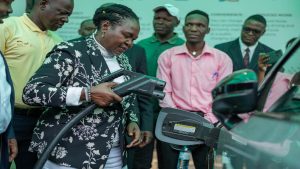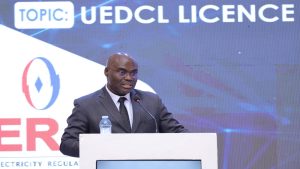Share
In order to accelerate Uganda and Kenya’s commitments to environmental protection through the use of renewable energies, HORIZONT-3000, an Australian organization for development cooperation, has established the “Solar Pledge East Africa” project.
To promote development in the two nations, a project will be carried out in the Catholic Dioceses of Uganda’s Gulu and Kenya’s Ladwor Diocese in Turkhana. It will focus on schools, hospitals, and houses.
Inaugurating a project on July 4 at the Fairway Hotel in Kampala, Archbishop John Baptist Odama of the Gulu Diocese revealed that the Northern region of Uganda had been engulfed in an insurgency for more than 20 years, during which time the government of Uganda fought the LRA. This conflict ended in 2007, and now the region is facing the challenge of rehabilitation.
“Since our region is not completely electrified, the topic of solar is highly vital from an economic, spiritual, and social standpoint. Power is not always available in the few places that have it. Solar energy will improve the area, especially in villages, schools, and medical facilities, he said.
Odama stated that empowering people through church activities places them first. The church wants to see people’s lives enhanced both vertically (spiritually) and horizontally (economically), giving them the chance to effectively promote one another.
The managing director of Horizont 3000, Mr. Erwin Eder, claims that the company is now in the pilot phase, which will last for the first two years.
He mentioned that they are actively filling positions at the piloting dioceses and would have Australian technical advisors to help develop this programme.
“We plan to identify several initiatives after the first project completes the technical implementation phase next year. We’ll conduct a research and survey, repair the current renewable energy sources, and also put in new installations,” the speaker declared.
After the launch, they will go on a fundraising tour of Europe and urge partners of the Catholic Church to be partners and co-finance portion of this project, Mr. Eder added. At the present, they have funding church partners.
“The first project is guaranteed, but we plan to make it a major program. If the beginning goes well, we’ll turn it into a significant enterprise for East Africa. More renewable energy initiatives must be developed. We choose to collaborate with Catholic organizations because they also run a number of hospitals and schools because we are a faith-based NGO.
Speaking at the event, Mr. Brian Isabirye, the Commissioner-Renewable Energy at the Ministry of Energy and Mineral Development, Uganda, shared that the solar program will raise awareness of the connection between energy use and climate action, which is a topic of discussion on a global scale, while most importantly addressing the issue of capacity building and planning.
According to him, having a renewable energy officer at a diocese will allow the ministry of energy the ability to test out this idea, which they are still working to implement.
“This project is also innovative, and the fact that it will consider collaborations will attract religious leaders, partners in development, leaders of missions, and others who will bring us together to debate renewable energy. We support alliances because, according to him, “we cannot accomplish too much on our own.
According to Mr. Isabirye, the Ministry of Energy and Mineral Development has been examining ways to harness the potential of renewable energy sources and recognizes the potency of utilizing religion to inspire change.
“We believe that both the nation and the church will gain greatly from this endeavor. Church should be at the center of this initiative, and embracing sustainable energy is essential. Using efficient energy practices and switching to sustainable energy gives us the chance to help the poor and vulnerable.
With the use of solar energy, both rural and urban communities may benefit from the energy revolution, escape poverty, and protect the environment at a minimal cost.










